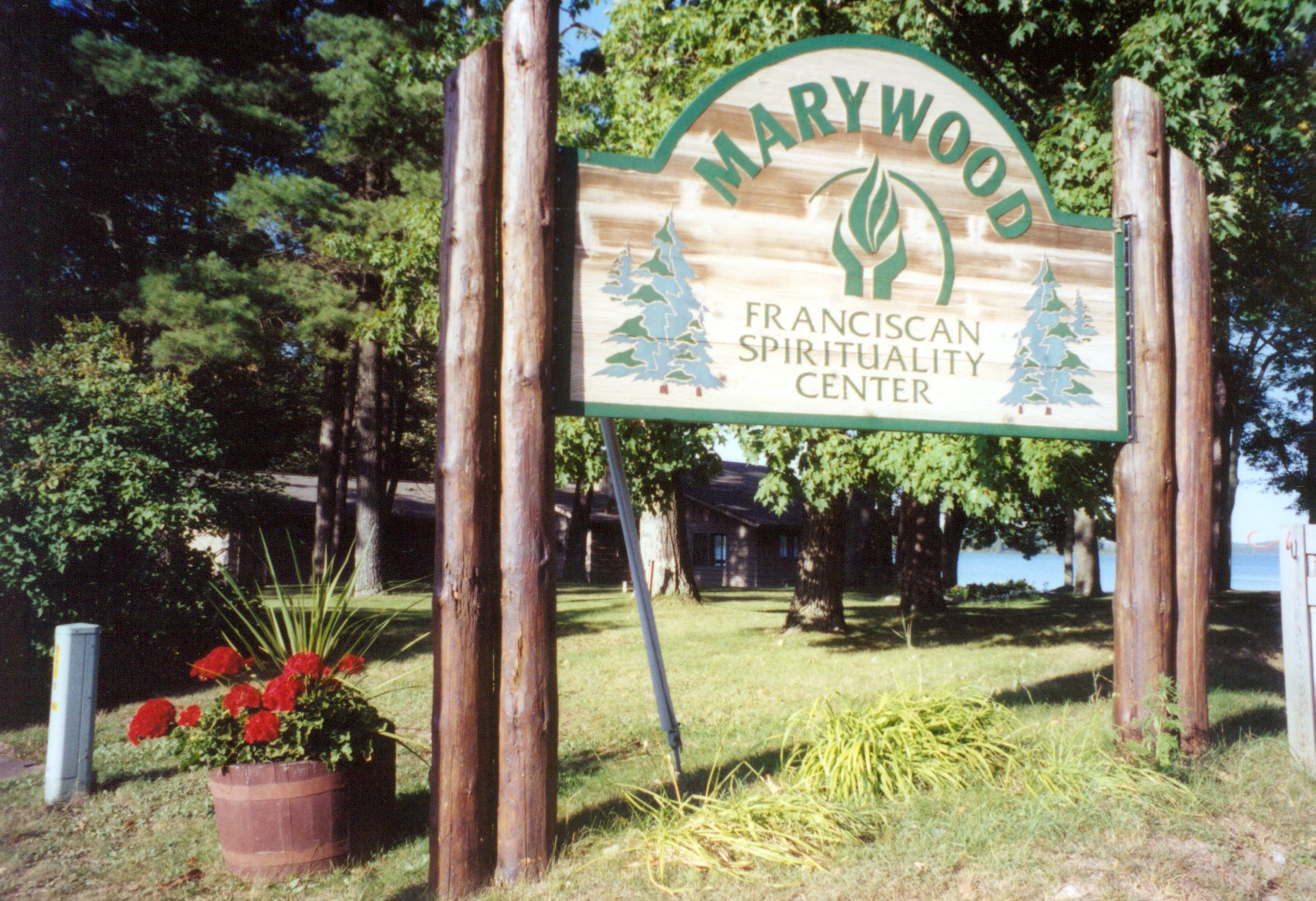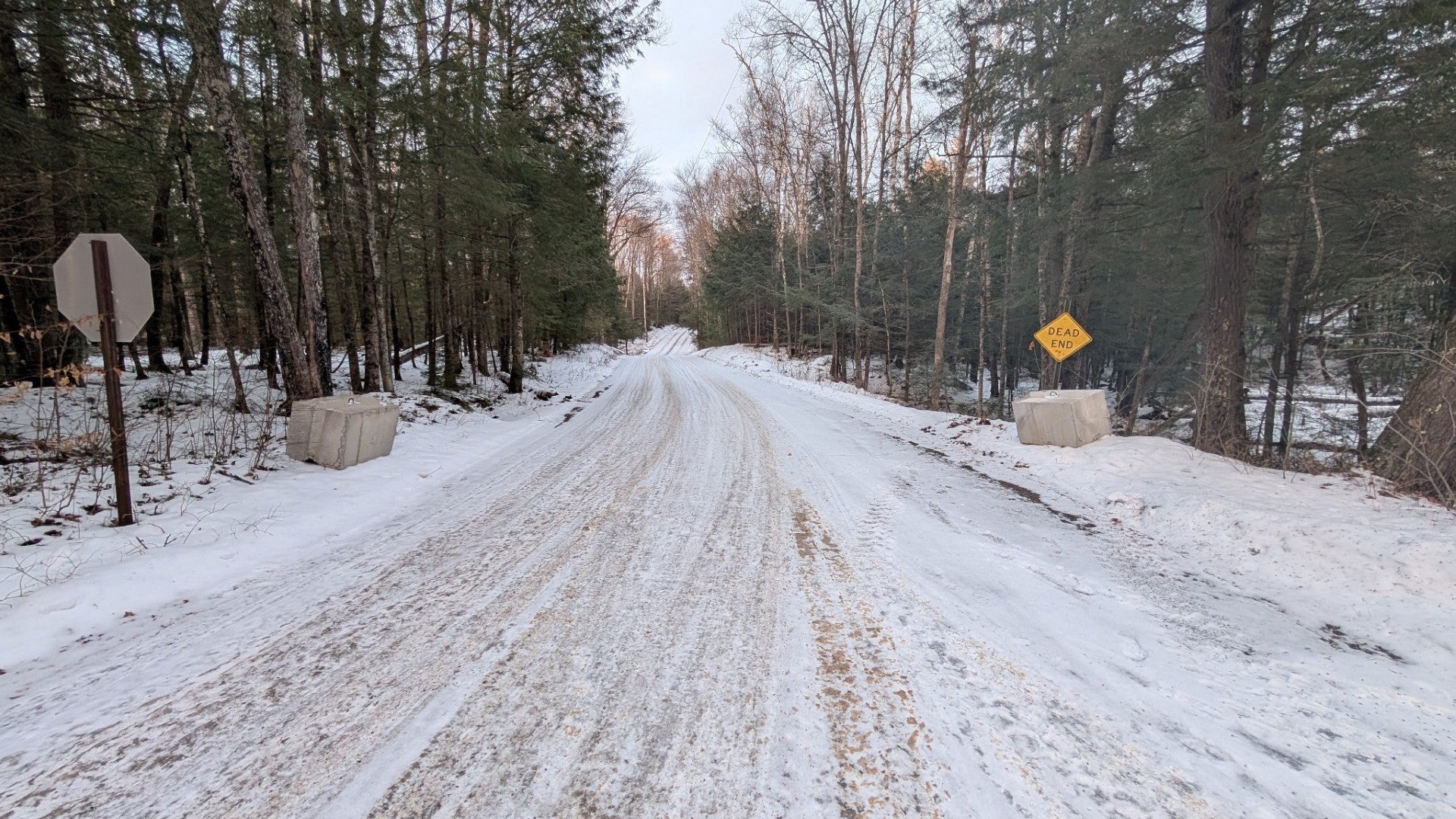Leaders with the town of Lac du Flambeau say they can no longer afford to pay to maintain access to roads crossing tribal lands amid a long-standing dispute with the Lac du Flambeau Band of Lake Superior Chippewa.
The town board voted Friday to notify the tribe in writing that they’ve run out of funds to pay a monthly permit fee that ensures residents will have access to four roads.
“We don’t have the money anymore. We’re actually in the red in the budget line item that we’ve been using,” Town Board Chair Matt Gaulke said in a special meeting.
The town’s last payment of $48,000 ensures access to the roads through Aug. 12.
In January 2023, tribal officials put up barricades on Elsie Lake Lane, Center Sugarbush Lane, East Ross Allen Lake Lane and Annie Sunn Lane. The move came after negotiations failed between the tribe, the town of Lac du Flambeau and title companies over expired easements on those roads that were never renewed.
The barricades were removed in March that same year, with the town making payments to the tribe ever since to ensure access for homeowners.
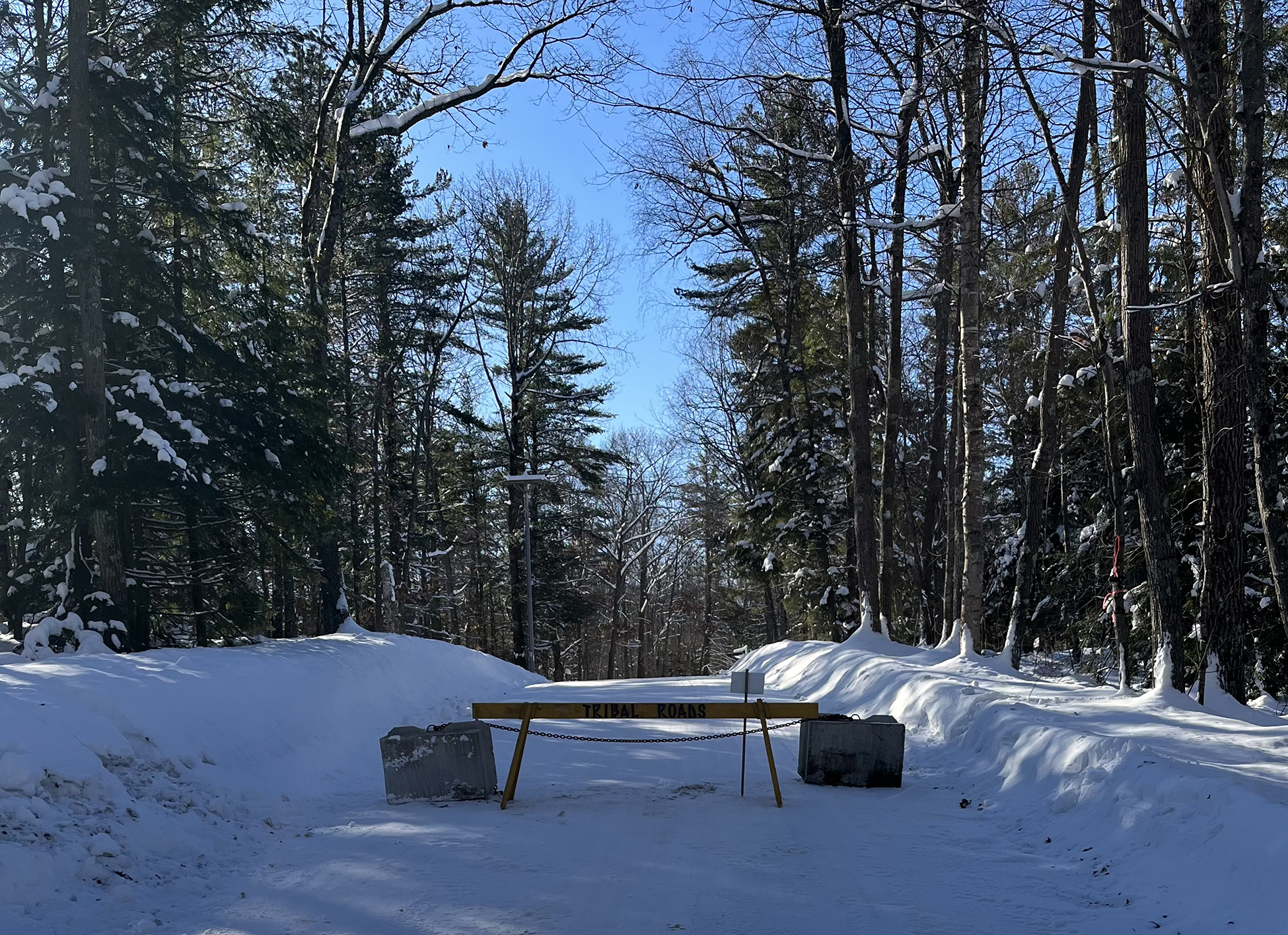
News with a little more humanity
WPR’s “Wisconsin Today” newsletter keeps you connected to the state you love without feeling overwhelmed. No paywall. No agenda. No corporate filter.
The town had asked its insurance carrier and title companies for homeowners along the roads to make upcoming payments to maintain access. However, Gaulke said those requests were denied.
The town has been making the payments using funds from its road construction budget. Gaulke said other town services would suffer if that continues.
Now, he said he’s going to invite the tribe, Gov. Tony Evers, the Bureau of Indian Affairs along with other agencies and elected officials to a special town meeting on Aug. 23. He said the hope is to reach an agreement “using state and federal sources” to resolve the dispute. Evers and Sen. Tammy Baldwin sent a letter in February, urging mediation to reach a resolution.
Officials with the Lac du Flambeau tribe were not immediately available for comment on Friday.
Mary Possin, who lives on Elsie Lake Lane, said a meeting with state and federal officials would go a long way toward resolving the impasse.
“I’m hoping that cool heads will prevail, and until that can be pulled together and we can start working towards a solution, that the tribe will choose not to barricade our roads in the meantime,” Possin said. “I don’t think that’s going to help us get to a final solution.”
In the meantime, Possin said she and her husband are putting off investments in their home as residents live with the uncertainty that the tribe could once again erect the barricades.
“The anxiety that this produces is something that’s just there, and you can’t push it away. You can’t will it away,” Possin said. “You can’t not think about it, but you have to learn to sit with it and and still go about your life as normally as you can.”
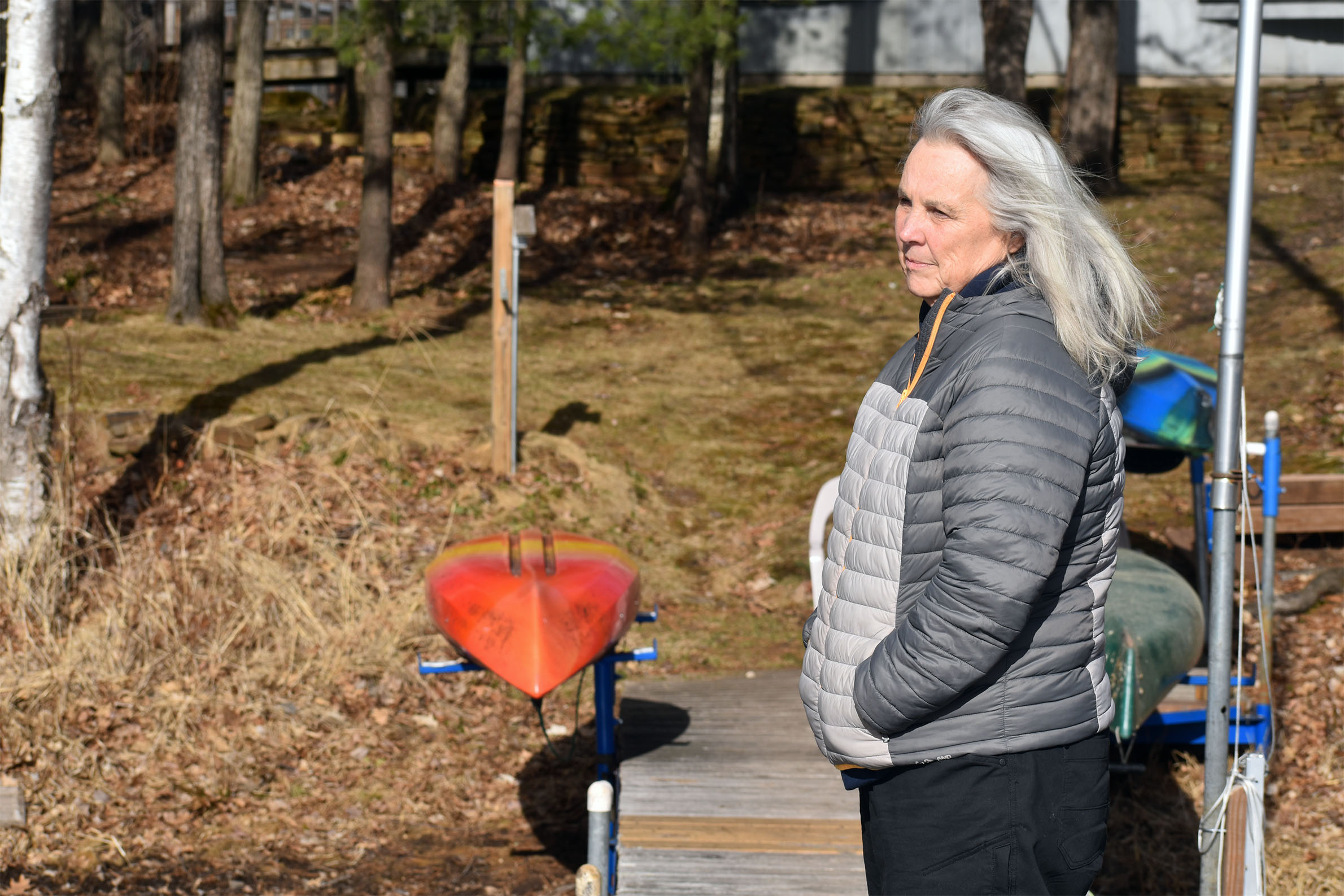
She said residents and the town are exploring alternate routes for the four roads, but Possin said it would be sad if that’s the only way to resolve the long-standing dispute.
The ongoing feud has resulted in multiple lawsuits. The federal government sued the town last year on behalf of the tribe for trespassing. Both the town of Lac du Flambeau and homeowners have filed separate federal lawsuits against the Bureau of Indian Affairs.
In July, the town proposed a $1.8 million settlement to the tribe to resolve the dispute. The offer included 10 times the amount of the appraised value of easements on the four roads, as well as $100,000 for a dispute over Big Thunder Lane. The proposal also included funds for past trespass damages, attorney fees, and around a half million dollars that’s already been paid to maintain access to roads.
In its offer, the town noted title companies would make a “significant contribution” and all parties denied any wrongdoing. Earlier this week, Gaulke said in a Aug. 7 meeting that the tribe rejected the town’s proposed settlement. Although, he noted the band requested the town set up a meeting with state and federal lawmakers.
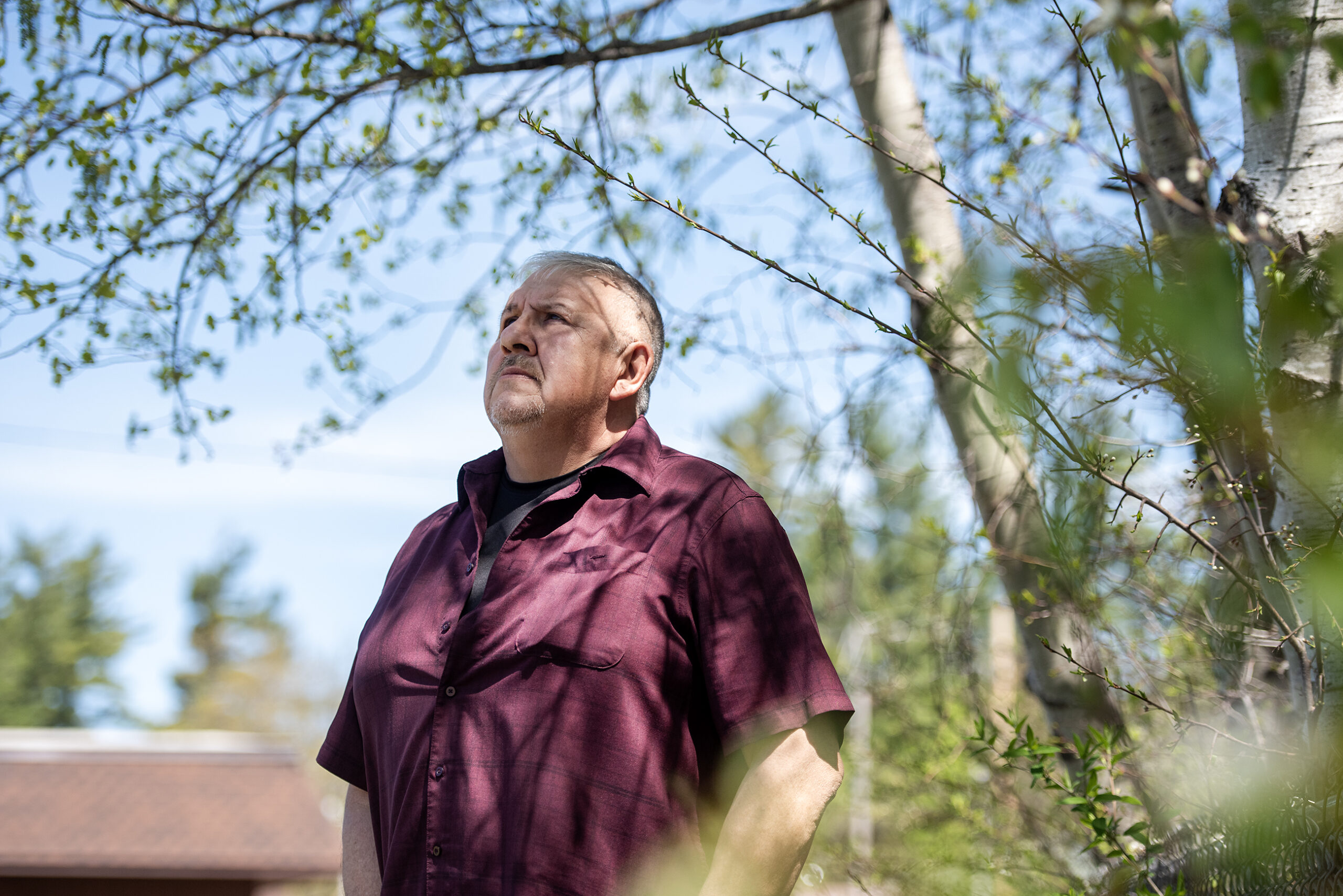
The tribe first sought $20 million in damages for what it said was trespassing by the town. Since then, tribal leaders have asked for roughly half that amount. The tribe previously told WPR it wants to grant annual leases in exchange for a fee equal to 1.5 percent of the fair market value of homes along those roads.
Homeowners say the federal government is the only entity that has the funds to compensate the tribe. They add that the dispute is rooted in historic federal policies that led to the loss of tribal lands. In 1887, the Dawes Act broke up reservation lands, allotting them to individual tribal members. With lands no longer held in trust, local and state governments could tax them. The costs often forced individual tribal members off their lands and allowed nontribal members to take ownership of properties within the reservation.
Lac du Flambeau Tribal President John Johnson Sr. told WPR in May that the tribe isn’t going to be bullied for trying to protect its lands.
“We try to find peaceful resolutions, but it doesn’t happen all the time,” he said then. “It feels like our voices are going unheard in our own territory, which we have sovereignty over.”
Some residents say the tribe’s demands for compensation are unreasonable. They have cited appraisals that show the easements are worth $79,000. Tribal officials have said those appraisals don’t consider past damages and legal expenses tied to the town’s unauthorized use of its lands.
Wisconsin Public Radio, © Copyright 2025, Board of Regents of the University of Wisconsin System and Wisconsin Educational Communications Board.



